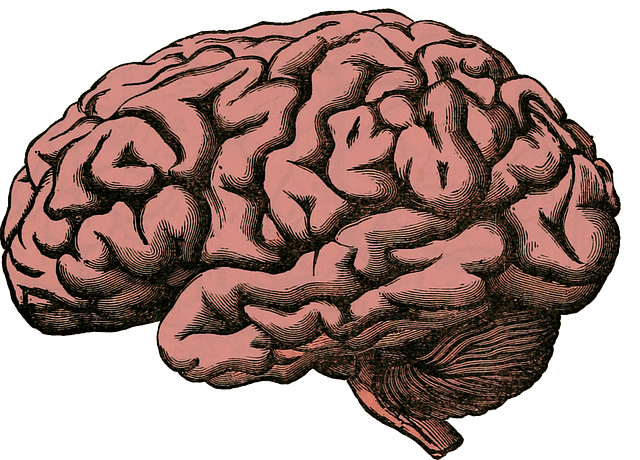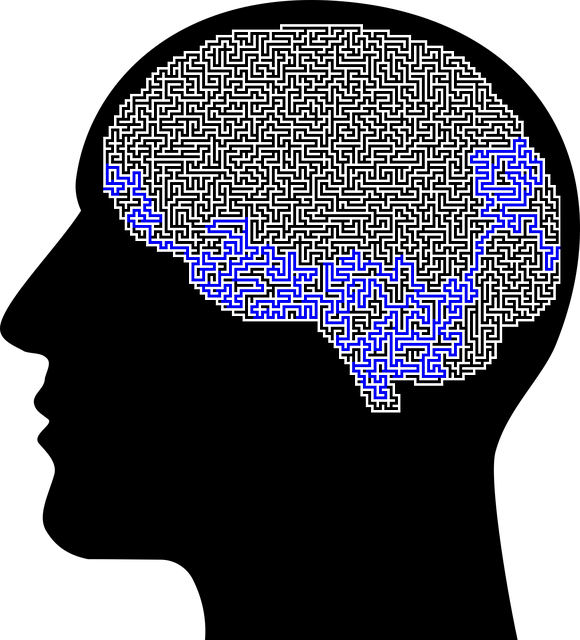In Denver, cultural competency is crucial for providing effective Denver Obsessive Compulsive Disorder (OCD) Therapy, especially in a multicultural community. Understanding diverse cultural backgrounds and values helps healthcare providers tailor treatment, build trust, and improve patient outcomes. Unconscious biases can negatively impact care, leading to misdiagnoses and inadequate plans. Specialized education programs addressing cultural variations in OCD are essential for mental health professionals. Denver's holistic approach, including comprehensive training and inclusive practices, ensures personalized support for all individuals seeking Denver OCD Therapy, reducing stigma and improving access to life-changing care. Measuring program success through patient outcomes and provider feedback is vital for continuous improvement in mental health service delivery.
Cultural competency training is an essential component of modern healthcare, addressing biases and improving patient outcomes. This article explores this critical topic, focusing on the impact of cultural nuances on patient care and the innovative approaches taken by cities like Denver in treating conditions such as Obsessive-Compulsive Disorder (OCD). We delve into effective training strategies and methods for evaluating programs aimed at enhancing cultural sensitivity among healthcare providers, highlighting the importance of continuous learning in delivering quality care to a diverse population.
- Understanding Cultural Competency in Healthcare: A Necessary Framework
- The Impact of Cultural Biases on Patient Care and Outcomes
- Denver's Approach to OCD Therapy: Cultural Sensitivity in Practice
- Effective Training Strategies for Healthcare Providers
- Measuring Success: Evaluating the Effectiveness of Cultural Competency Programs
Understanding Cultural Competency in Healthcare: A Necessary Framework

Cultural competency in healthcare is a crucial framework that recognizes and respects the diverse cultural backgrounds, beliefs, and values of patients and communities. In Denver, where a vibrant and multicultural population resides, including those seeking Denver obsessive-compulsive disorder therapy, this concept takes on added importance. Healthcare providers who are culturally competent are better equipped to deliver quality care that is sensitive to these differences, fostering trust and improving patient outcomes.
This involves understanding the impact of cultural factors on health and well-being, such as access to mental wellness journaling exercise guidance or social skills training for emotional regulation. By incorporating this knowledge into their practice, healthcare professionals can adapt their approach, ensuring effective communication and care tailored to individual needs. This is particularly vital in diverse urban settings where unique cultural challenges and strengths exist among patient populations.
The Impact of Cultural Biases on Patient Care and Outcomes

Cultural biases among healthcare providers can significantly impact patient care and outcomes, especially in diverse communities. These unconscious prejudices, shaped by personal experiences, societal norms, and media portrayals, influence how providers interact with patients from different ethnic, racial, and cultural backgrounds. For instance, a study revealed that Latinx individuals with obsessive-compulsive disorder (OCD) faced delays in receiving proper therapy due to language barriers and cultural misconceptions among healthcare professionals in Denver, underscoring the critical need for Mental Health Policy Analysis and Advocacy.
When providers lack cultural competency, patients may not receive tailored care aligned with their unique needs and beliefs. This can lead to misdiagnoses, inadequate treatment plans, and overall poorer health outcomes. For example, mental health disorders like OCD manifest differently across cultures, requiring specialized Mental Health Education Programs Design that consider these variations. By embracing Mind Over Matter principles, healthcare institutions can foster an inclusive environment, ensuring every patient receives respectful, culturally sensitive care, ultimately improving patient satisfaction and health results.
Denver's Approach to OCD Therapy: Cultural Sensitivity in Practice

Denver’s approach to OCD therapy is a prime example of integrating cultural sensitivity into mental health practice. Recognizing the diverse backgrounds and beliefs of its community, Denver has designed comprehensive mental health education programs that cater to various cultures. This holistic strategy ensures that individuals from all walks of life receive tailored support for their obsessive-compulsive disorder (OCD). By addressing the unique needs of different cultural groups, therapists in Denver aim to foster a safe and inclusive environment, enhancing self-esteem improvement and promoting mental illness stigma reduction efforts.
The city’s commitment to cultural competency training equips healthcare providers with the skills to navigate complex ethical dilemmas and provide effective treatment. This approach not only benefits patients with OCD but also contributes to the broader goal of delivering culturally responsive Denver obsessive-compulsive disorder therapy. Through these initiatives, Denver sets a standard for mental health services, ensuring that care is accessible, understanding, and life-changing for every individual who seeks it.
Effective Training Strategies for Healthcare Providers
Effective training strategies for healthcare providers go beyond simple knowledge transfer. Engaging and impactful sessions are essential to foster cultural competency, especially when addressing complex topics like Obsessive Compulsive Disorder (OCD). Interactive workshops, case studies, and role-playing scenarios allow professionals to practice empathy and adaptive communication techniques. These methods encourage providers in Denver OCD therapy to navigate the nuanced challenges of mental illness stigma reduction efforts while enhancing their ability to support patients in coping skills development.
Integrating multimedia resources, guest speakers with lived experiences, and virtual reality simulations can further elevate training effectiveness. By combining theoretical understanding with practical application, healthcare providers gain valuable insights into diverse patient perspectives. This holistic approach equips them to deliver person-centered care, thereby improving outcomes not only for OCD but also for other mental health conditions like depression, while fostering a more inclusive and supportive healthcare environment.
Measuring Success: Evaluating the Effectiveness of Cultural Competency Programs

Measuring success and evaluating the effectiveness of cultural competency programs is a crucial step in ensuring that healthcare provider training translates into real-world benefits. It involves more than just satisfaction surveys; it requires a comprehensive approach to assess tangible improvements in patient care and outcomes. In Denver, for instance, where Obsessive Compulsive Disorder (OCD) therapy is readily available, cultural competency training can be gauged by tracking the success rates of these therapies. Are patients experiencing reduced OCD symptoms? Is there an increase in patients from diverse backgrounds seeking help? These are key indicators.
Additionally, assessing mental health professionals’ risk assessment skills post-training, incorporating self-care routine development for better mental health as a training component, and emphasizing compassion cultivation practices can provide deeper insights. Evaluations might include patient surveys, clinical outcome measures, and regular feedback from healthcare providers themselves. By integrating these various methods, we gain a clearer picture of the program’s impact, enabling continuous improvement and ensuring that cultural competency training remains an essential aspect of mental health care delivery.
Healthcare provider cultural competency training is not just a best practice—it’s an essential tool for delivering equitable and effective treatment, as evidenced by Denver’s successful approach to OCD therapy. By understanding cultural biases, implementing effective training strategies, and measuring program success, healthcare organizations can create a more inclusive and compassionate environment that benefits both providers and patients. This holistic framework ensures that everyone receives the highest quality care, regardless of their background or identity.








